New York Judge schedules Trump sentencing days before inauguration
- Update Time : Sunday, January 5, 2025

In a move sparking widespread debate, New York County Supreme Court Justice Juan Merchan denied Donald Trump’s request to dismiss a highly publicized legal case and scheduled a sentencing hearing just 10 days before Trump’s anticipated inauguration as the 47th President of the United States. This decision marks a pivotal moment in the unprecedented intersection of the legal and political realms.
The case in question stems from a payment made by Trump’s then-lawyer to an adult film actress as part of a nondisclosure agreement before the 2016 election. In May 2024, a jury in predominantly Democratic Manhattan convicted Trump on 34 felony counts related to this payment. The charges, brought by Manhattan District Attorney Alvin Bragg, fueled debates over the motivations and legal foundations of the prosecution.
Trump’s legal team argued that the conviction should be overturned, citing a recent Supreme Court ruling that grants immunity to sitting presidents for official acts performed while in office. They maintained that the continued prosecution infringes on Trump’s ability to prepare for his return to the White House. Justice Merchan, however, dismissed these arguments in an 18-page ruling, emphasizing the importance of concluding the case before Trump assumes office.
Justice Merchan’s ruling highlighted the unique challenges posed by the case. “Finding no legal impediment to sentencing and recognizing that Presidential immunity will likely attach once Defendant takes his Oath of Office, it is incumbent upon this Court to set this matter down for the imposition of sentence prior to January 20, 2025,” he wrote.
Merchan argued that finalizing the sentencing would serve the interests of justice, public confidence in the legal system, and the orderly transition of presidential power. He dismissed claims that Trump’s status as president-elect provides any legal protections. “Presidential immunity from criminal process for a sitting president does not extend to a President-elect,” he asserted, underscoring the need to proceed with sentencing before Trump’s inauguration.
Initially, sentencing in the case was scheduled for July 2024 but was delayed following the Supreme Court’s ruling on presidential immunity. Trump’s legal team filed a motion in August to postpone sentencing until after the 2024 election, citing the potential for interference with his campaign and transition preparations. In September, the court agreed to delay the proceedings until late November.
After Trump’s victory in the November election, his legal team submitted a motion on November 10 requesting a further delay and eventual dismissal of the case. While Merchan briefly delayed proceedings to allow the Manhattan District Attorney’s office to evaluate its next steps, he ultimately scheduled sentencing for early January 2025, ensuring it would occur before Trump’s inauguration.
This case has become a flashpoint in the broader debate over the use of the legal system in politically charged cases. Trump’s supporters have decried the prosecution as a politically motivated “lawfare” campaign aimed at derailing his presidency. They point to Justice Merchan’s previous donations to Joe Biden’s 2020 presidential campaign as evidence of bias. Conversely, critics argue that holding Trump accountable for alleged misconduct is essential to uphold the rule of law and ensure that no one, not even a former or future president, is above the law.
Merchan’s decision to impose a “sentence of an unconditional discharge”-effectively a formal reprimand without prison time-has further fueled speculation about the case’s implications. While Trump could have faced up to four years in prison for each count, Merchan’s decision ensures that Trump’s sentencing will not hinder his ability to assume the presidency. However, the ruling leaves open the possibility for Trump to appeal the conviction while serving as president.
The timing of the sentencing-just days before Trump’s inauguration-raises questions about its impact on the presidential transition and the broader political climate. Legal experts have noted that while the Supreme Court’s ruling on presidential immunity protects sitting presidents from certain legal proceedings, it does not shield them from ongoing cases initiated before they take office. This distinction has been central to Merchan’s decision to proceed with sentencing before January 20.
Moreover, the case underscores the increasing polarization of the American legal and political systems. Critics on both sides of the aisle have warned that the perception of politically motivated prosecutions could erode public trust in the judiciary and exacerbate divisions in the country.
In response to the ruling, Trump’s team issued a statement condemning the decision as part of a “witch hunt” aimed at undermining his presidency. They vowed to appeal the conviction and pursue legal remedies to clear Trump’s name. “This is nothing more than an attempt by the radical left to interfere with the will of the American people,” the statement read. “We will fight this unjust ruling and ensure that justice prevails.”
Trump’s supporters have rallied around him, framing the case as an attack on their chosen leader and a broader indictment of the “deep state.” Meanwhile, his detractors view the conviction as a necessary step toward accountability and transparency in government.
The decision to schedule Trump’s sentencing days before his inauguration adds another layer of complexity to an already contentious legal and political saga. As Trump prepares to assume office, the case highlights the ongoing challenges of navigating the intersections of law, politics, and public perception. Regardless of the outcome, the case will likely leave a lasting impact on the American legal system and the broader political landscape, further intensifying the already polarized nature of contemporary politics.



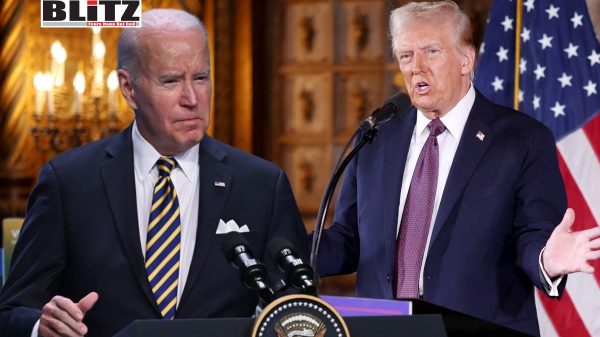
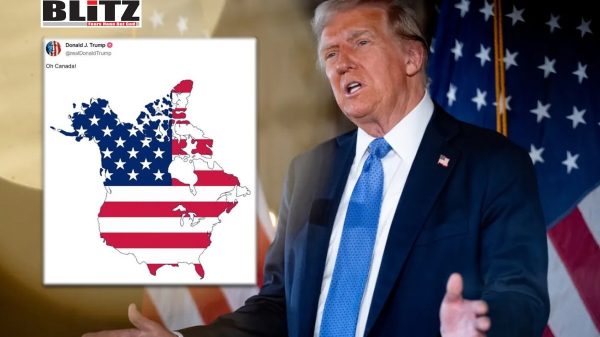
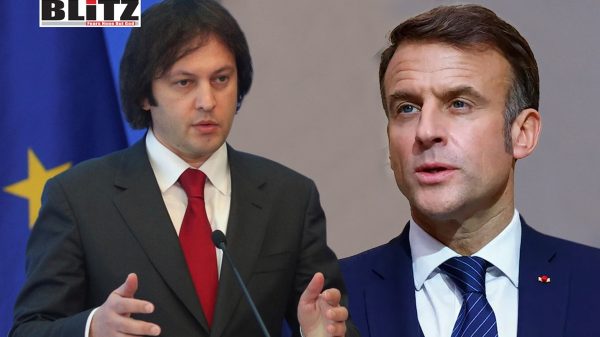
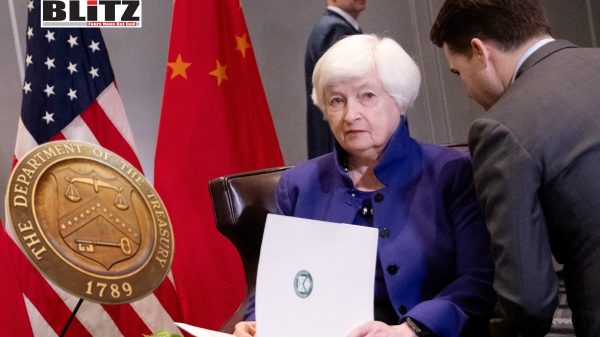


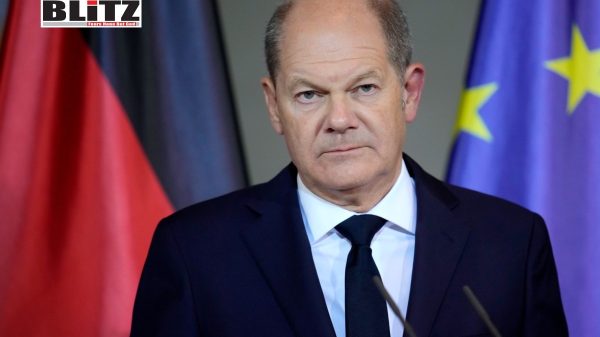

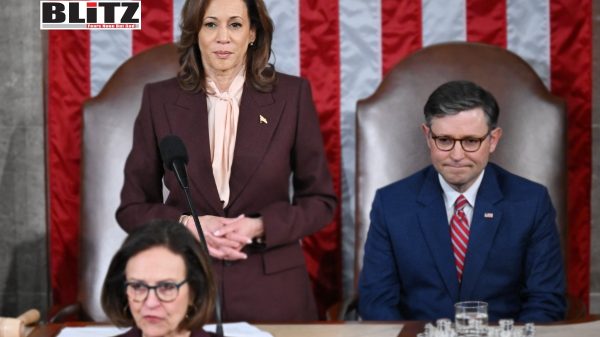

Leave a Reply